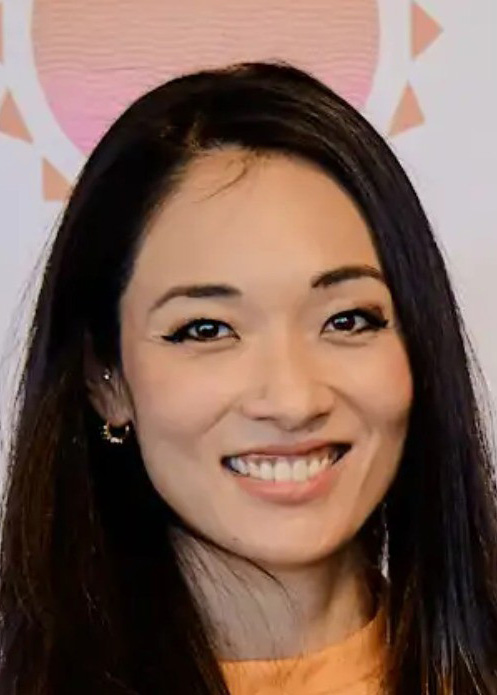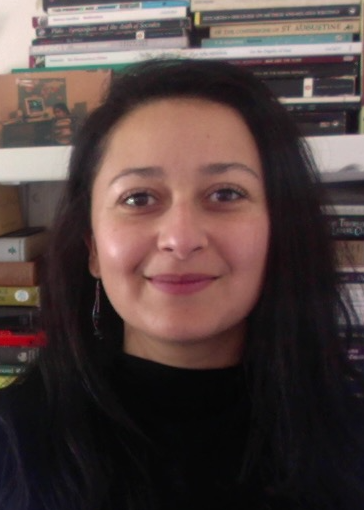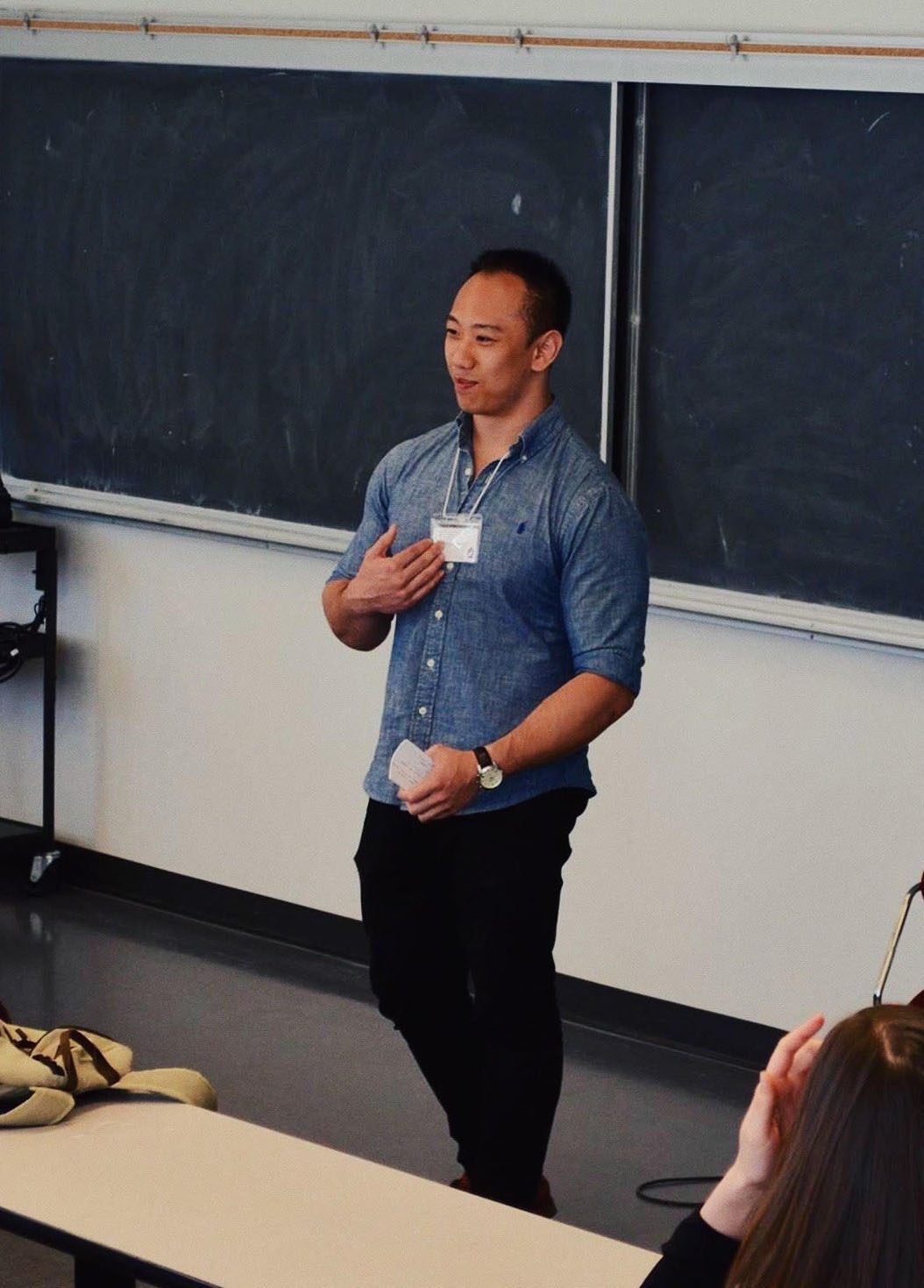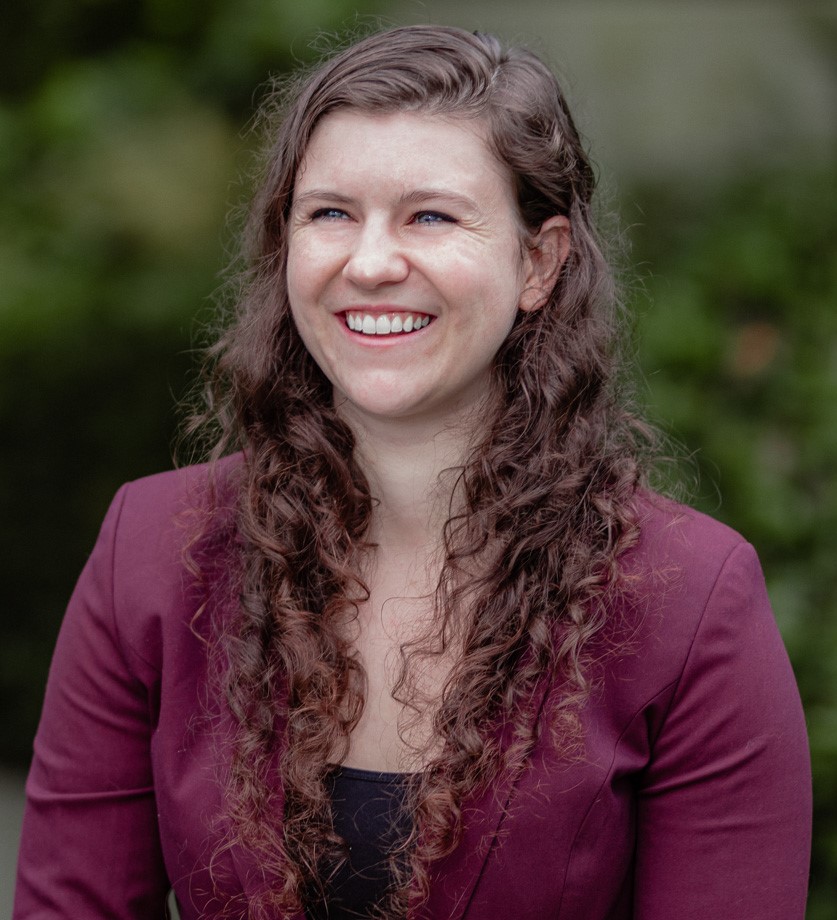Tsavo Neal
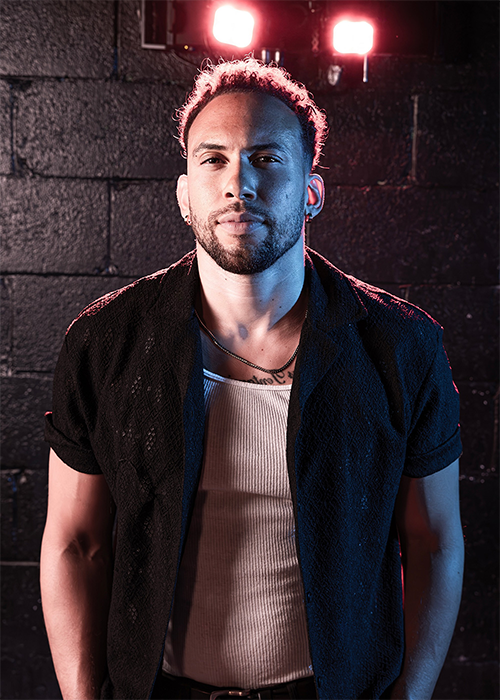
Why did you choose your program at UBC and what did you enjoy most about it?
I chose to pursue a Bachelor of Arts in History for a practical reason. It was the area where I earned my highest grades in my first year at UBC in the Coordinated Arts Program. However, what I discovered along the way surprised me completely.
Contrary to popular belief, it wasn’t the historical facts that captivated me. To be honest, I don’t remember much of the pure historical content I learned. What I fell in love with was the process of history itself—the research, the writing, the editing, and most importantly, learning how to think critically about complex problems.
These skills became invaluable to my career in ways I never expected. I learned how to formalize my thinking and become a more persuasive, compelling writer—a skill that’s surprisingly rare in the workplace. While my engineering and science friends were mastering technical skills, I was mastering something equally powerful: the ability to communicate ideas clearly and persuasively.
What were some of your most meaningful experiences at UBC?
One of the most memorable experiences happened in my third year when my history professor told us not to get a job in history. He was probably trying to weed out those of us who weren’t serious about becoming history professors, and it worked on me.
That moment was incredibly powerful because it forced me to understand something crucial. The whole point of getting a history degree, or any liberal arts degree, is its wide transferability to all kinds of jobs and careers. It was scary at first because I realized I was studying something I wouldn’t get a direct job in, unlike many of my friends in engineering and science.
But it was also freeing. I realized I could pursue whatever I wanted because the skills I was developing could take me anywhere. That professor unknowingly gave me permission to think bigger about my future.
What choices did you make at UBC that contributed to your career success / journey?
After getting spooked by my history professor, I started a small blog that reviewed products with hopes of making money online. As you’ll see throughout my career story, this became a huge theme in my interests and work.
I did this not only to learn how to make money online, but also to develop practical skills like web design, web development, copywriting, and search engine optimization. Ironically, it was my choice to do something on the side while at UBC that contributed most to my career success and journey.
But here’s the key, the skills I had learned at UBC throughout my history degree made it all possible. Without the critical thinking, research, and writing abilities I developed in my classes, I never could have built that foundation for everything that followed.
What was your first job after graduation and what other jobs did you have before your current position?
My first job after graduation was one I created for myself—freelance web design. I wasn’t waiting around for someone to hire me. I went out and found clients who needed what I could offer.
From there, I decided to take my skills into the tech industry. I was hired as a web designer, got promoted to product manager, and eventually became head of product for the business’s most profitable product. On the side, I was doing writing work that grew from the scope of email marketing coordinator to content marketer, and then to head of content for a coaching business.
In my free time, I was building digital products, learning sales, and writing books. I was developing a wide range of skills that would all come together for what I do now as founder of BJJ Equipment. Every role taught me something that became valuable later.
Is your current career path as you originally intended? What challenges did you face in launching your career?
If I’m being honest, I didn’t have much of an “intended” career path. All I knew was that I wanted to do something creative in front of a computer, ideally from the comfort of my own home.
I loved building websites, writing articles, designing pages, and analyzing data. There are many different roles and businesses where these skills are valuable, so I kept my options open.
I didn’t face many challenges launching my career. I found it quite easy to go after what I wanted. My ability to write made it simple to communicate how I could help people get what they want. This has been a huge asset throughout my journey.
The real challenge has been working with others when our visions don’t align. I’ve left jobs because I couldn’t see eye to eye with management about direction. But that’s always led me to bigger and better opportunities.
What do you like about your current job and what do you find challenging? How does it relate to your degree?
What I love about running BJJ Equipment is how many different skills it requires. From writing and marketing to photography and actually teaching people how to do jiu-jitsu, it constantly requires me to evolve and grow as a person, not just as a business owner. I would be bored to tears doing the same thing over and over again each day. Running a business is the opposite of that.
What I love about the business is also its biggest challenge, and that’s that the only constant is change. There’s always a fire to put out. There’s always new technology emerging like artificial intelligence that can instantly change everything. There’s always a new competitor coming for you. These challenges are uncomfortable, but they keep you sharp.
At the core of running a media business is your ability to think, research, write, edit, and share your ideas. That’s exactly what I did as an Arts student at UBC. While I was studying history, what I was really studying was the process of critical thinking and communication. If you have those skills, you can learn entrepreneurship.
From your experience, what has been the value of having an Arts degree?
The value of having an Arts degree is immense, but it’s not just in the degree itself. Sorry to break it to you, but employers and clients don’t care about the piece of paper.
However, what they do care about are the skills you learned getting your Arts degree. The critical thinking, research, writing, and communication abilities I mentioned above are incredibly valuable in the real world.
I’m here to tell you that you can translate what you’ve learned as an Arts student into a high-paying career or successful business. And when you build on top of your Arts degree with self-directed learning in what you’re interested in and passionate about, that’s where the magic happens.
What advice would you give to students and alumni interested in breaking into your industry?
If you want to break into content marketing, take something you’re passionate about and start writing about it. Build a site around it. Host a podcast about it. Create media around it.
The key here is to start doing. Build something. Not only will you create something tangible, but you’ll learn the skills through actual practice rather than just theory.
If you have something to show when you’re applying for jobs, that will make you far more attractive than other candidates. And it might eliminate your need to ever get a job in the first place. Sometimes the best career move is creating your own opportunity.
What advice would you give your graduating self?
Don’t worry so much about having a clear career path figured out. You’re going to choose history because you’re good at it, and that’s perfectly fine. What you don’t realize yet is that you’re not really studying historical facts—you’re learning how to think, research, and communicate. These skills are going to be worth their weight in gold.
When that professor tells you not to get a job in history, don’t panic. Listen to what he’s really saying which is that your degree is a passport, not a destination. The critical thinking and writing skills you’re developing will open doors you can’t even imagine right now.
Start that blog you’re thinking about. Yes, even while you’re still in school. Don’t wait until you graduate to begin building something. The web design, copywriting, and marketing skills you’ll learn on the side will matter just as much as anything you learn in the classroom. Maybe more.
Here’s the secret nobody tells you. Your Arts degree isn’t preparing you for one specific job. It’s preparing you to create your own opportunities. You’re going to freelance, work in tech, build digital products, and eventually start your own business. None of this will look like a traditional career path, and that’s exactly why it’s going to work.
Trust the process. Keep writing. Keep building. And remember that the best career move is often the one you create for yourself.
Tsavo Neal



Why did you choose your program at UBC and what did you enjoy most about it?
I chose to pursue a Bachelor of Arts in History for a practical reason. It was the area where I earned my highest grades in my first year at UBC in the Coordinated Arts Program. However, what I discovered along the way surprised me completely.
Contrary to popular belief, it wasn’t the historical facts that captivated me. To be honest, I don’t remember much of the pure historical content I learned. What I fell in love with was the process of history itself—the research, the writing, the editing, and most importantly, learning how to think critically about complex problems.
These skills became invaluable to my career in ways I never expected. I learned how to formalize my thinking and become a more persuasive, compelling writer—a skill that’s surprisingly rare in the workplace. While my engineering and science friends were mastering technical skills, I was mastering something equally powerful: the ability to communicate ideas clearly and persuasively.
What were some of your most meaningful experiences at UBC?
One of the most memorable experiences happened in my third year when my history professor told us not to get a job in history. He was probably trying to weed out those of us who weren’t serious about becoming history professors, and it worked on me.
That moment was incredibly powerful because it forced me to understand something crucial. The whole point of getting a history degree, or any liberal arts degree, is its wide transferability to all kinds of jobs and careers. It was scary at first because I realized I was studying something I wouldn’t get a direct job in, unlike many of my friends in engineering and science.
But it was also freeing. I realized I could pursue whatever I wanted because the skills I was developing could take me anywhere. That professor unknowingly gave me permission to think bigger about my future.
What choices did you make at UBC that contributed to your career success / journey?
After getting spooked by my history professor, I started a small blog that reviewed products with hopes of making money online. As you’ll see throughout my career story, this became a huge theme in my interests and work.
I did this not only to learn how to make money online, but also to develop practical skills like web design, web development, copywriting, and search engine optimization. Ironically, it was my choice to do something on the side while at UBC that contributed most to my career success and journey.
But here’s the key, the skills I had learned at UBC throughout my history degree made it all possible. Without the critical thinking, research, and writing abilities I developed in my classes, I never could have built that foundation for everything that followed.
What was your first job after graduation and what other jobs did you have before your current position?
My first job after graduation was one I created for myself—freelance web design. I wasn’t waiting around for someone to hire me. I went out and found clients who needed what I could offer.
From there, I decided to take my skills into the tech industry. I was hired as a web designer, got promoted to product manager, and eventually became head of product for the business’s most profitable product. On the side, I was doing writing work that grew from the scope of email marketing coordinator to content marketer, and then to head of content for a coaching business.
In my free time, I was building digital products, learning sales, and writing books. I was developing a wide range of skills that would all come together for what I do now as founder of BJJ Equipment. Every role taught me something that became valuable later.
Is your current career path as you originally intended? What challenges did you face in launching your career?
If I’m being honest, I didn’t have much of an “intended” career path. All I knew was that I wanted to do something creative in front of a computer, ideally from the comfort of my own home.
I loved building websites, writing articles, designing pages, and analyzing data. There are many different roles and businesses where these skills are valuable, so I kept my options open.
I didn’t face many challenges launching my career. I found it quite easy to go after what I wanted. My ability to write made it simple to communicate how I could help people get what they want. This has been a huge asset throughout my journey.
The real challenge has been working with others when our visions don’t align. I’ve left jobs because I couldn’t see eye to eye with management about direction. But that’s always led me to bigger and better opportunities.
What do you like about your current job and what do you find challenging? How does it relate to your degree?
What I love about running BJJ Equipment is how many different skills it requires. From writing and marketing to photography and actually teaching people how to do jiu-jitsu, it constantly requires me to evolve and grow as a person, not just as a business owner. I would be bored to tears doing the same thing over and over again each day. Running a business is the opposite of that.
What I love about the business is also its biggest challenge, and that’s that the only constant is change. There’s always a fire to put out. There’s always new technology emerging like artificial intelligence that can instantly change everything. There’s always a new competitor coming for you. These challenges are uncomfortable, but they keep you sharp.
At the core of running a media business is your ability to think, research, write, edit, and share your ideas. That’s exactly what I did as an Arts student at UBC. While I was studying history, what I was really studying was the process of critical thinking and communication. If you have those skills, you can learn entrepreneurship.
From your experience, what has been the value of having an Arts degree?
The value of having an Arts degree is immense, but it’s not just in the degree itself. Sorry to break it to you, but employers and clients don’t care about the piece of paper.
However, what they do care about are the skills you learned getting your Arts degree. The critical thinking, research, writing, and communication abilities I mentioned above are incredibly valuable in the real world.
I’m here to tell you that you can translate what you’ve learned as an Arts student into a high-paying career or successful business. And when you build on top of your Arts degree with self-directed learning in what you’re interested in and passionate about, that’s where the magic happens.
What advice would you give to students and alumni interested in breaking into your industry?
If you want to break into content marketing, take something you’re passionate about and start writing about it. Build a site around it. Host a podcast about it. Create media around it.
The key here is to start doing. Build something. Not only will you create something tangible, but you’ll learn the skills through actual practice rather than just theory.
If you have something to show when you’re applying for jobs, that will make you far more attractive than other candidates. And it might eliminate your need to ever get a job in the first place. Sometimes the best career move is creating your own opportunity.
What advice would you give your graduating self?
Don’t worry so much about having a clear career path figured out. You’re going to choose history because you’re good at it, and that’s perfectly fine. What you don’t realize yet is that you’re not really studying historical facts—you’re learning how to think, research, and communicate. These skills are going to be worth their weight in gold.
When that professor tells you not to get a job in history, don’t panic. Listen to what he’s really saying which is that your degree is a passport, not a destination. The critical thinking and writing skills you’re developing will open doors you can’t even imagine right now.
Start that blog you’re thinking about. Yes, even while you’re still in school. Don’t wait until you graduate to begin building something. The web design, copywriting, and marketing skills you’ll learn on the side will matter just as much as anything you learn in the classroom. Maybe more.
Here’s the secret nobody tells you. Your Arts degree isn’t preparing you for one specific job. It’s preparing you to create your own opportunities. You’re going to freelance, work in tech, build digital products, and eventually start your own business. None of this will look like a traditional career path, and that’s exactly why it’s going to work.
Trust the process. Keep writing. Keep building. And remember that the best career move is often the one you create for yourself.
